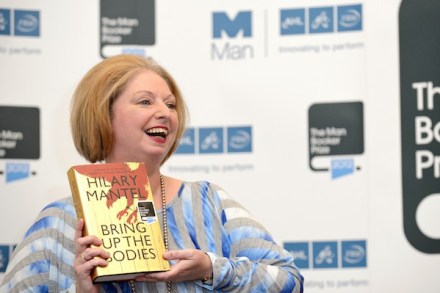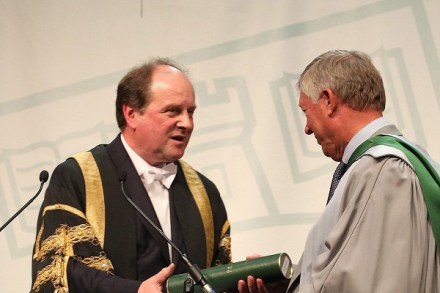A peacekeeping body at war with itself
More from BooksIt takes less than an hour to fly from Washington DC to New York City. But, if you are a diplomat, you might as well be travelling to a distant planet, such is the gulf in diplomatic culture between America’s capital and the United Nations’ headquarters. Whenever I went to see my opposite number at























